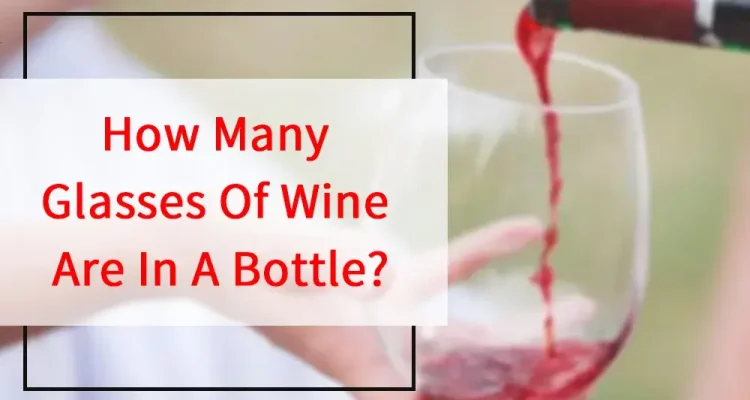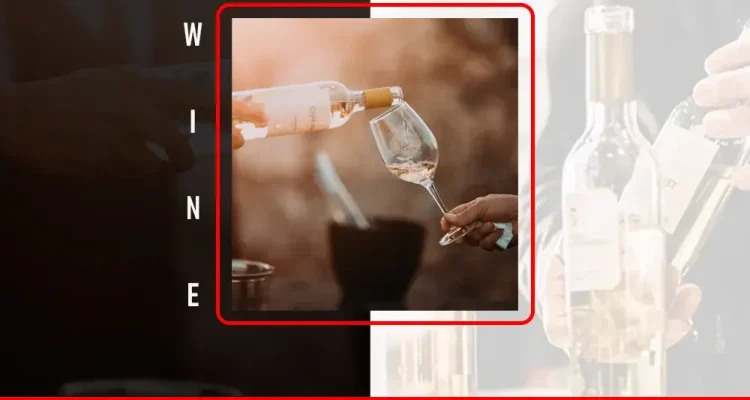You’ve probably struggled to open a bottle without a bottle opener before. Well, your struggles…
Why Choose Glass Bottles For Wine Packing?
Introduction:
When it comes to packaging wine, there are several options available, including plastic, aluminum, and even Tetra Pak cartons. However, one timeless and popular choice for wine packing remains glass bottles. Glass has been the primary material for wine packaging for centuries, and it continues to hold a special place in the hearts of wine connoisseurs and producers alike. In this article, we will explore the top reasons why glass bottles are a preferred choice for wine packing, discussing their advantages and comparing them to alternative materials.
Top 10 Reasons for Choosing Glass Bottles for Wine Packing
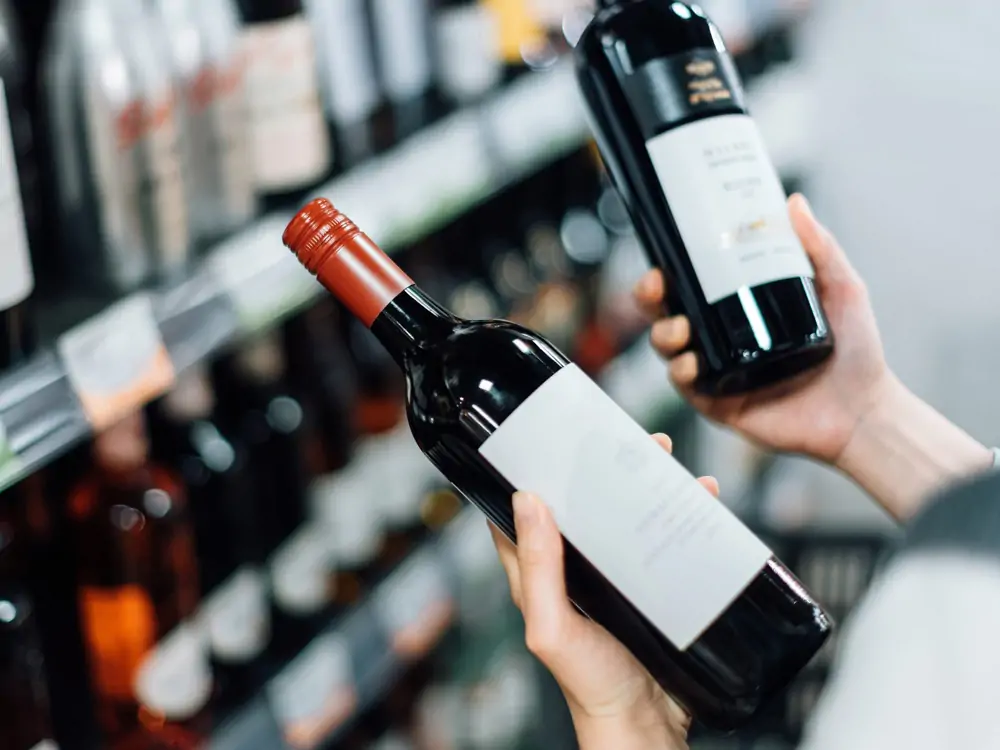
Preservation of Taste and Quality
Glass bottles provide an excellent barrier against oxygen, UV light, and other external factors that can affect the taste and quality of wine. Unlike plastic or aluminum, glass does not react chemically with the wine, ensuring that the wine’s characteristics remain intact until it reaches the consumer’s glass.
Elegance and Tradition
Glass bottles have long been associated with elegance, sophistication, and tradition in the world of wine. The clarity and transparency of glass allow consumers to appreciate the color and clarity of the wine. The shape and design of glass bottles also play a significant role in enhancing the overall aesthetic appeal, making them ideal for premium wines.
Recyclability and Sustainability
Glass is a highly sustainable material. It is 100% recyclable, and the recycling process consumes less energy compared to producing new glass. By choosing glass bottles for wine packing, producers contribute to reducing their carbon footprint and support eco-friendly practices. Additionally, recycled glass can be used to make new bottles indefinitely, reducing the demand for raw materials.
Longevity
Glass bottles are known for their durability and long shelf life. They do not degrade over time, ensuring that the wine remains protected and unaffected during transportation, storage, and aging. This longevity is especially crucial for wines that benefit from aging, as glass bottles provide a stable environment for the wine to develop and mature.
Marketing and Branding Opportunities
Glass bottles offer a wide range of branding and marketing possibilities. The surface of glass can be customized with labels, engravings, embossments, or even unique bottle shapes to reflect the personality and identity of the winery or wine brand. This customization allows producers to differentiate their products in a competitive market and create a lasting impression on consumers.
Familiarity and Consumer Perception
Glass bottles have been synonymous with wine for centuries, creating a sense of familiarity and trust among consumers. When presented with wine in a glass bottle, consumers perceive it as a premium product, associating it with quality and authenticity. This perception can significantly influence purchasing decisions and enhance the overall perceived value of the wine.
Versatility
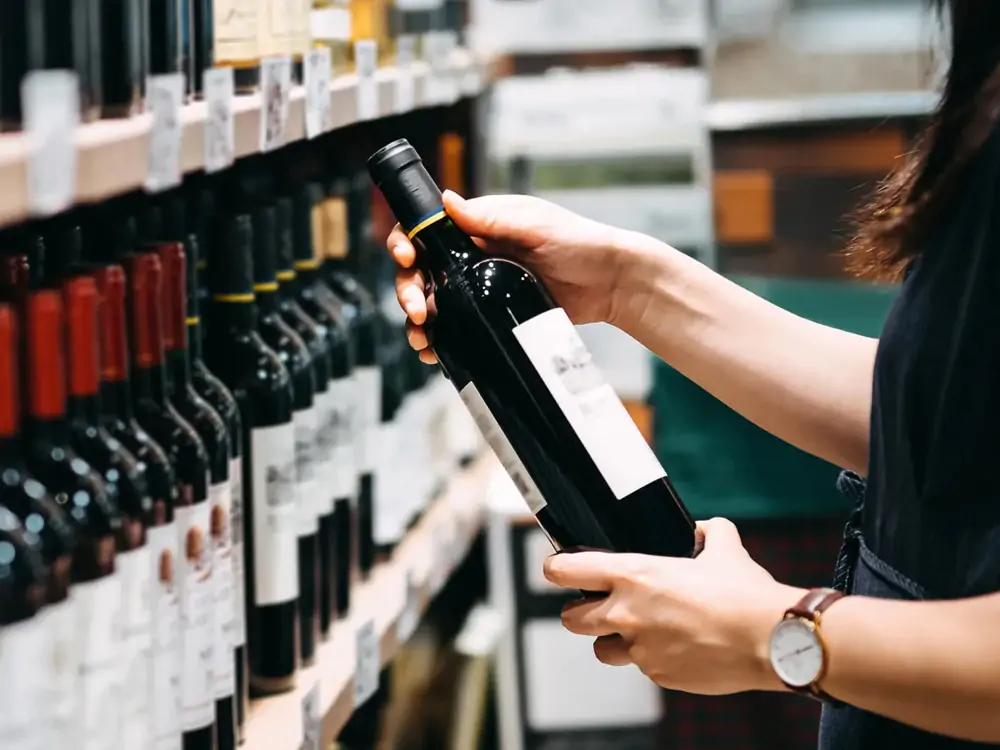
Glass bottles come in various shapes, sizes, and colors, providing versatility for wine producers. Different wine styles and varietals can be matched with specific bottle designs to enhance their visual appeal and differentiate them from one another. Additionally, glass bottles can accommodate various closure options, such as corks or screw caps, catering to different wine preferences and ensuring the wine is properly sealed.
Ageless Beauty
Glass bottles have a timeless quality that transcends trends and fads. They have been used to package wine for centuries, and their classic appeal never goes out of style. Whether it’s a modern or traditional design, glass bottles exude elegance and sophistication, making them perfect for showcasing premium wines. The beauty of glass bottles only enhances with time, as they become cherished pieces for collectors or wine enthusiasts.
Temperature Stability
Glass bottles provide excellent temperature stability for wine. They have a low thermal conductivity, meaning they do not easily transfer heat or cold. This property is particularly important for wines that are susceptible to temperature fluctuations, as it helps maintain a consistent temperature during transportation and storage. By choosing glass bottles, winemakers can ensure that the wine’s delicate flavors and aromas are not compromised by extreme temperature variations.
Ability to Evolve
Glass bottles have the unique ability to evolve alongside the wine industry. As new technologies and advancements emerge, glass bottle manufacturers adapt and innovate to meet the changing needs of winemakers and consumers. From lightweight options that reduce transportation costs and carbon emissions to specialized bottle shapes designed to enhance specific wine styles, glass bottles continue to evolve to provide the best packaging solutions for wines of all varieties.
Advantages of Choosing Glass Bottles for Wine Packing
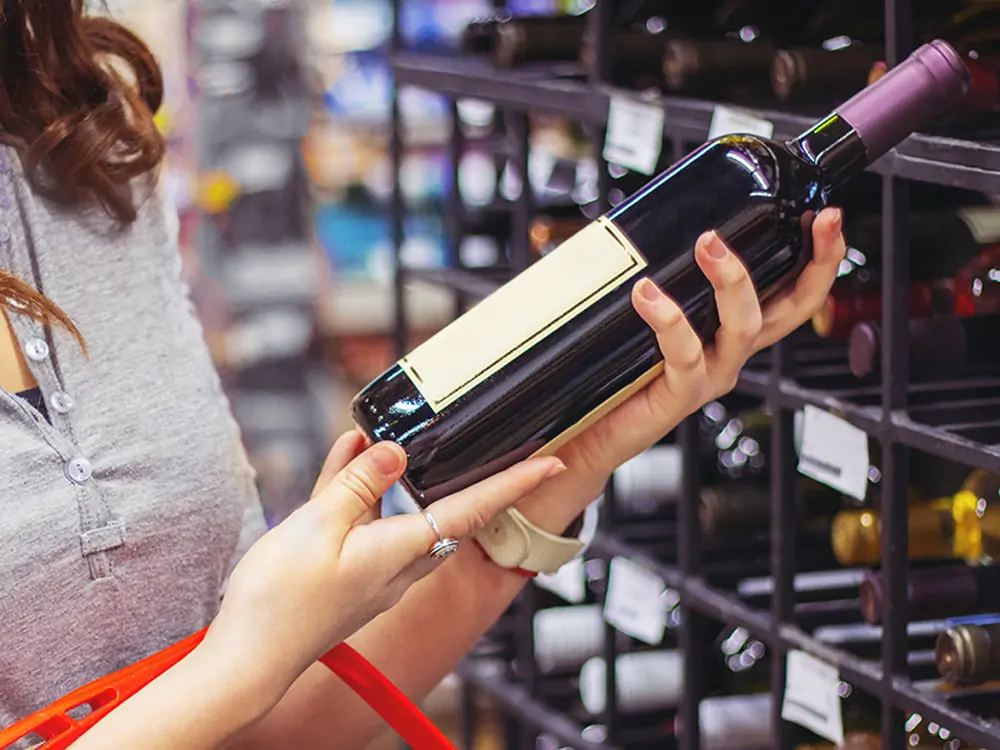
- Glass bottles preserve the taste and quality of wine.
- Glass bottles offer an elegant and traditional aesthetic.
- Glass is a sustainable and recyclable material.
- Glass bottles provide durability and longevity.
- Glass bottles allow for branding and marketing opportunities.
- Glass bottles create a sense of familiarity and consumer trust.
- Glass bottles provide versatility in terms of design and closure options.
Disadvantages of Choosing Other Materials Over Glass Bottles for Wine Packing
- Plastic containers can introduce unwanted flavors or odors to the wine.
- Aluminum cans may not be suitable for wines that require aging.
- Tetra Pak cartons are not ideal for wines meant for long-term storage.
- Alternative materials may not offer the same level of aesthetic appeal and perceived value as glass bottles.
Conclusion:
While there are alternative packaging options available for wine, glass bottles continue to be the preferred choice for many reasons. Glass bottles preserve the taste and quality of wine, offer an elegant and traditional aesthetic, are sustainable and recyclable, provide durability and longevity, offer branding opportunities, create consumer trust, and provide versatility. The combination of these factors makes glass bottles the ideal packaging solution for wines of all types, ensuring that the wine reaches consumers in the best possible condition while maintaining its unique character and appeal.


